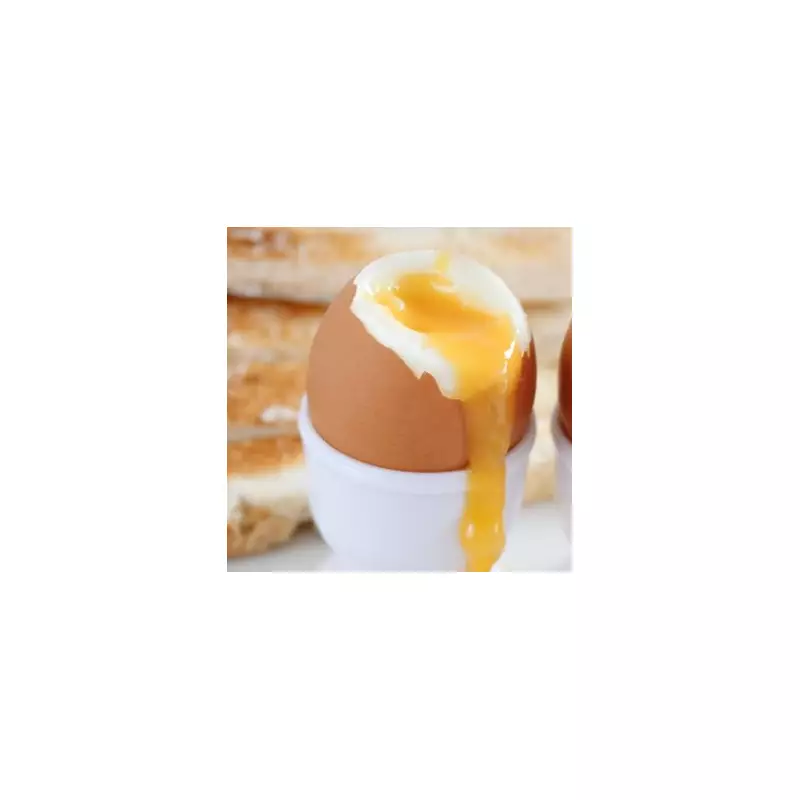
For generations, Brits have struggled with the humble boiled egg. That frustrating moment when you tap the shell only to have half the white tear away with it might finally be over.
A revolutionary cooking method is sweeping through UK kitchens, promising to deliver consistently perfect boiled eggs with shells that slide off effortlessly. The secret weapon? A simple splash of vinegar that's likely already in your cupboard.
The Vinegar Method Explained
This game-changing technique involves adding just one tablespoon of white vinegar to your boiling water before introducing the eggs. The science behind it is both simple and brilliant.
The vinegar works to slightly soften the eggshell without affecting the taste or texture of the egg inside. This creates microscopic weaknesses in the shell structure, allowing it to separate cleanly from the cooked egg white when peeling.
Step-by-Step to Perfect Eggs
- Prepare your pot: Fill a medium saucepan with enough water to cover your eggs and bring to a rolling boil
- Add the magic ingredient: Stir in one tablespoon of white vinegar
- Cook with care: Gently lower eggs into the boiling water using a spoon and cook for your preferred time
- The ice bath finish: Transfer cooked eggs immediately to a bowl of ice water for at least five minutes
Why This Method Works Every Time
The combination of vinegar-treated shells and the rapid cooling from the ice bath creates the ideal conditions for easy peeling. The vinegar gently alters the shell's composition while the shock of cold water causes the cooked egg to contract slightly away from the shell membrane.
Home cooks across Britain are reporting remarkable success with this method, particularly with fresher eggs that typically prove most challenging to peel. No more pockmarked eggs or wasted whites - just smooth, perfectly intact boiled eggs ready for soldiers, salads, or sandwiches.
This simple adjustment to a classic cooking technique could transform your breakfast routine and end kitchen frustration for good. The perfect boiled egg might have just become significantly easier to achieve.





